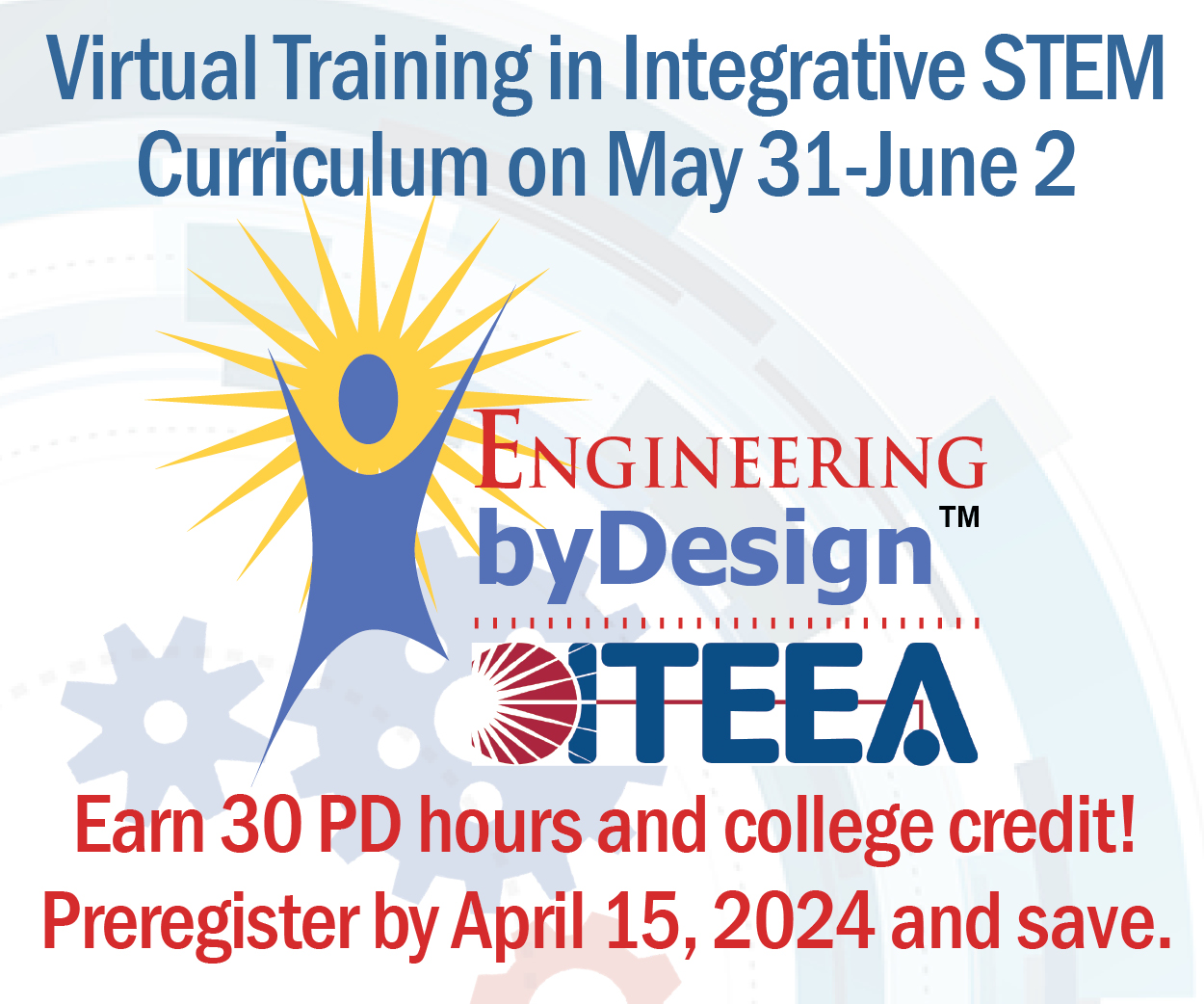How Is Cloud Computing Revolutionizing the Education Industry?
Ask a Tech Teacher
JANUARY 25, 2019
When I started teaching, syncing work between school and home was impossible. Completing homework required either printing it and bringing it in as paper or–well, nothing. There was no way to get it into a student school drive from home. Thanks to cloud computing, that nightmare is over. Cristopher Burge who runs the website Cloud Storage Advice , has a great rundown on how cloud computing has revolutionized education: The concept of cloud computing saw its beginnings in the educational





















Let's personalize your content